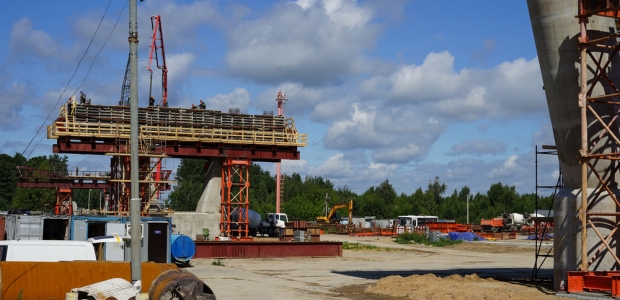
Canada Overhauling Project Review Scheme
There will be less red tape and less duplication for project proposers to navigate, according to the officials, who said the government will expand the types of impacts studied to understand how a proposed project could affect not just the environment, but also its long-term health, social, and economic impacts, as well as impacts on indigenous peoples.
The Canadian government is overhauling the scheme it uses to assess proposed major projects' impacts, especially environmental impacts. The announced changes will include replacing the Canadian Environmental Assessment Act, 2012, with the Impact Assessment Act and also establishing the Impact Assessment Agency of Canada (currently the Canadian Environmental Assessment Agency) to lead all federal reviews of major projects.
"A new wave of resource development is coming with more than $500 billion in projects planned over the next 10 years," said Jim Carr, minister of Natural Resources. "We are building a better Canada, where investors, companies, and all Canadians can have confidence that good projects will be approved in a timely manner and held to the highest standard. With these better rules, we will demonstrate how we can grow the economy and get our resources to market while advancing reconciliation with Indigenous Peoples and protecting the environment for future generations."
Timely approval means there will be less red tape and less duplication for project proposers to navigate, according to the officials, who said the government will expand the types of impacts studied to understand how a proposed project could affect not just the environment, but also its long-term health, social, and economic impacts, as well as impacts on indigenous peoples.
The plan is to add a new, early engagement phase for the public to participate in project reviews and to enable reduced project timelines compared to the current system. "We are seeking Canadians’ feedback on a more robust project list, identifying types of projects within federal jurisdiction that could pose major risks to the environment and would therefore require review," the government's Feb. 8 announcement said.
The proposed new rules still must be passed by Parliament. Until that happens, existing laws and interim principles for project reviews will continue to apply to projects under review.
"We heard from a wide range of Canadians that previous reforms to environmental laws put our environment, fish and waterways at risk and eroded public trust," said Catherine McKenna, minister of Environment and Climate Change. "We listened and took action to fix this. With better rules for major projects, our environment will be cleaner and our economy stronger. Making decisions based on robust science, evidence and Indigenous traditional knowledge, respecting Indigenous rights, and ensuring more timely and predictable project reviews will attract investment and development that creates good, middle-class jobs for Canadians."
"Our government understands that an evidence-based approach to protecting and prioritizing the environment will help the next generation thrive. By achieving certain milestones such as updating environmental legislation, as well as investing in areas such as fundamental science, climate change research, and clean technology, we will be able to set our country up for a bright, innovative future," added Kirsty Duncan, minister of Science.